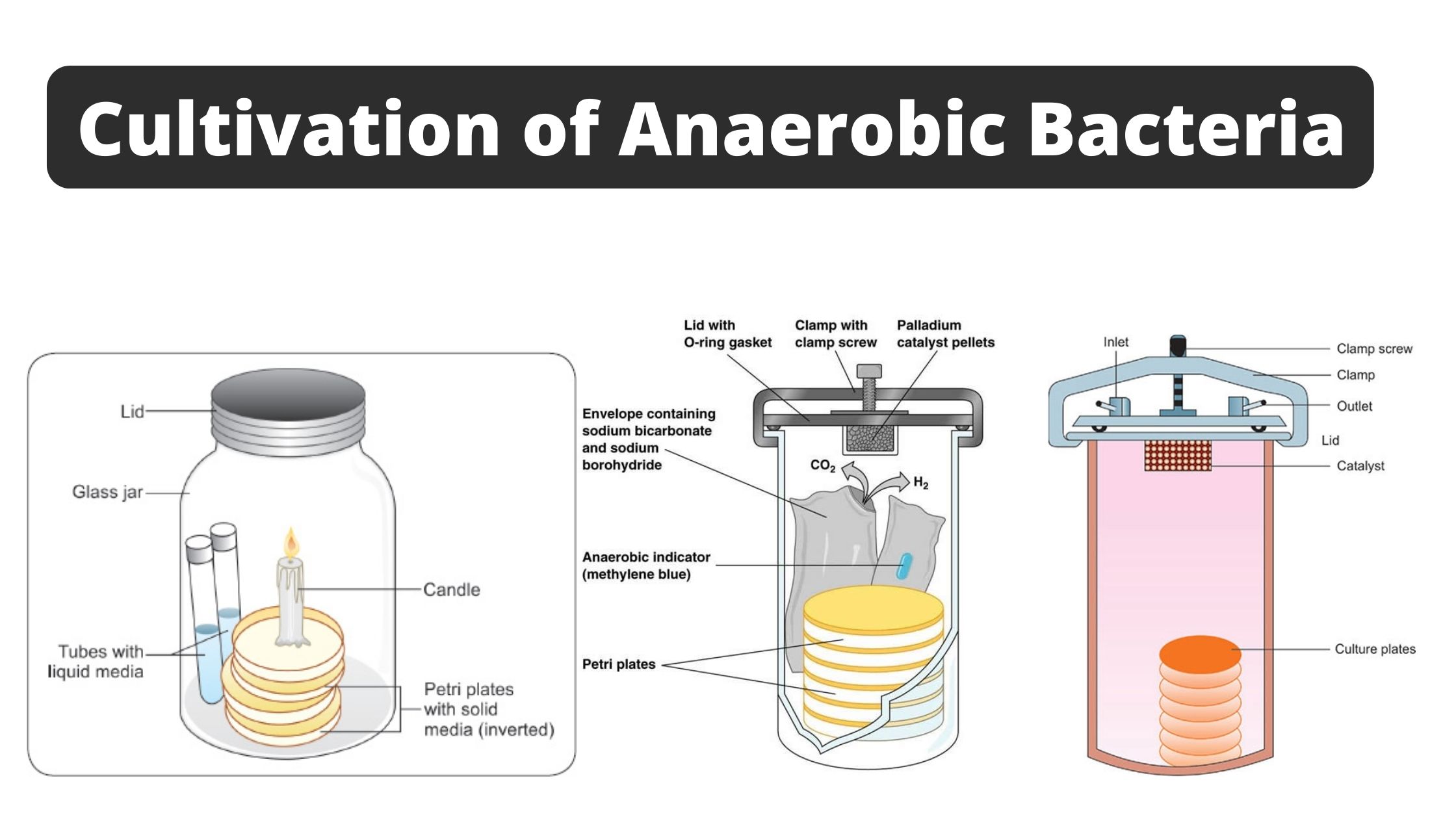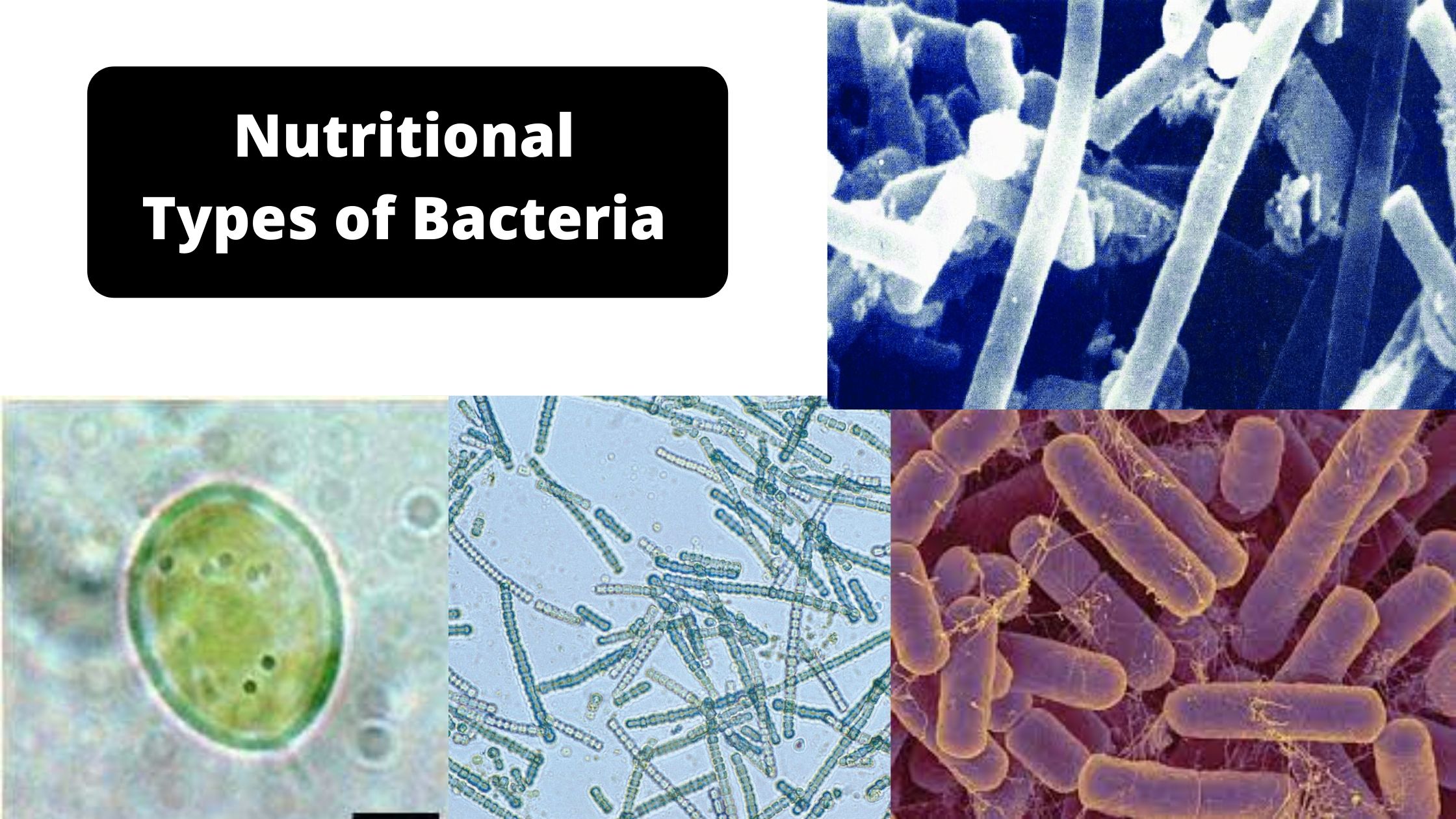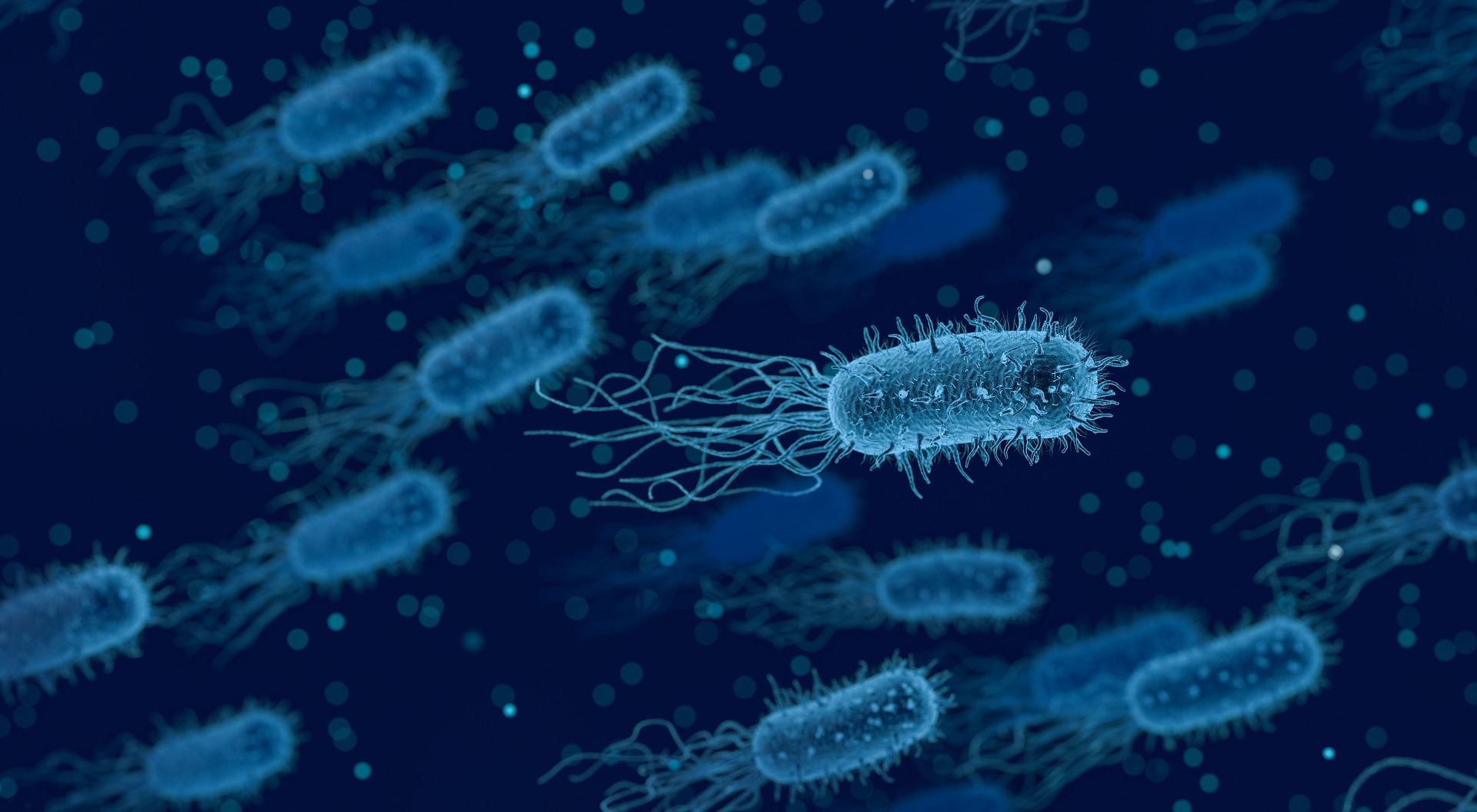Oxygen Toxicity – Mechanism, Damages, Protective Mechanism
Oxygen Toxicity Formation of reactive oxygen species (ROS) Various cellular enzymes catalyze chemical reactions involving molecular oxygen; some of these reactions can result in addition of a single electron to an oxygen molecule, thereby forming superoxide radical. Superoxide radicals can inactivate vital cell components. However, recent studies suggest that their greatest detrimental action is through … Read more



